Archives: News and Updates
news-and-updates
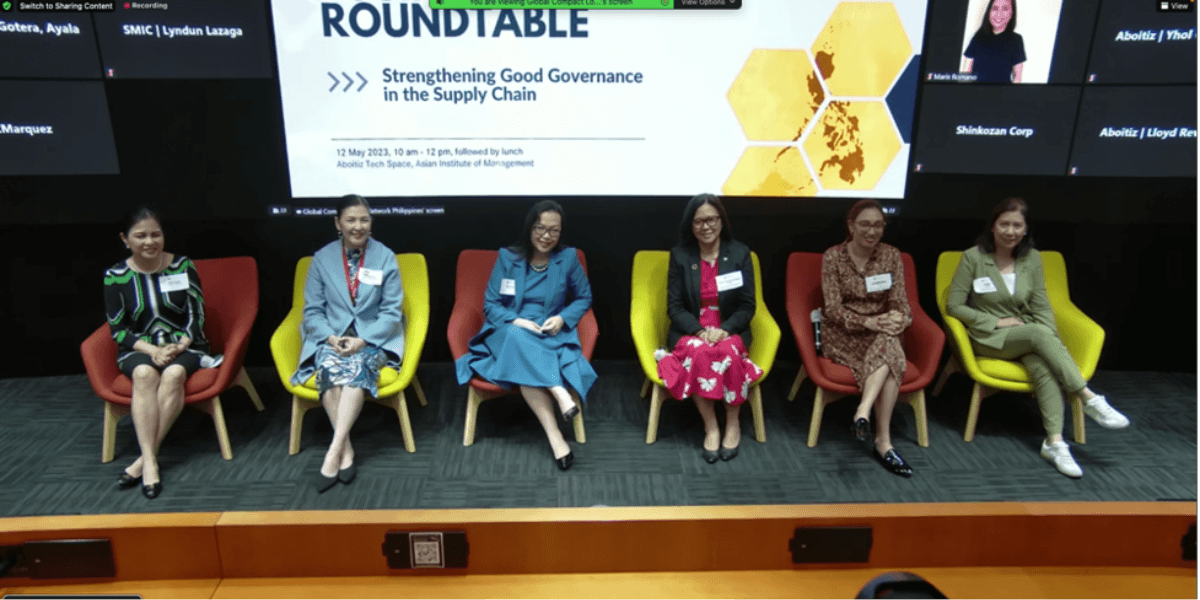
Aboitiz, GCNP co-advocate good governance in the Supply Chain
On Friday, May 12, the Aboitiz Group demonstrated its unwavering commitment to supporting micro, small, and medium enterprises (MSMEs) by participating in the “Business Round Table: Strengthening Good Governance in the Supply Chain.” Representing the Group in this significant panel discussion was Ginggay Hontiveros, Chief Sustainability and Reputation Officer of Aboitiz Equity Ventures (AEV).
The roundtable event, organized by the Global Compact Network Philippines (GCNP), the Basel Institute of Governance, and the Asia Institute of Management (AIM) Ramon V. Del Rosario Sr. Center for Social Responsibility, shed light on the critical role of corporate governance and business integrity in supply chain management, emphasizing their strong connection to sustainability.
Read more about it here: https://aboitiz.com/aboitiz-gcnp-co-advocate-good-governance-in-the-supply-chain/
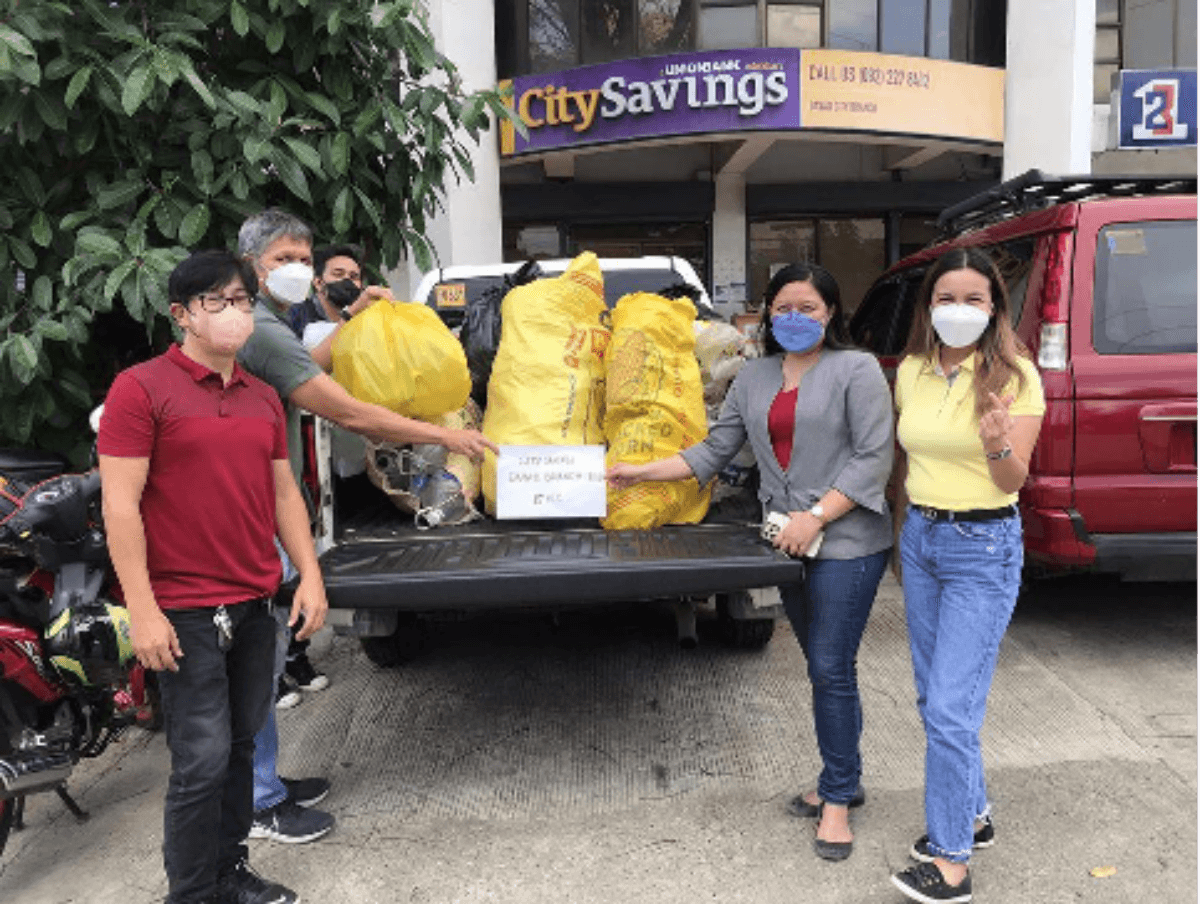
CitySavings turns donated plastic into school chairs
AboitizEyesCity Savings Bank (CitySavings), the thrift bank subsidiary of Union Bank of the Philippines (UnionBank), demonstrates its commitment to sustainability by taking proactive measures, taking steps to make its support for public schools more sustainable by transforming plastic waste into school chairs.
This recycling drive was spearheaded by CitySavings’ Branch Operations and Human Resources teams, who successfully collected nearly 2,000 kilograms of waste plastic from branches and corporate offices nationwide. Working with Envirotech Waste Recycling Inc., this plastic waste was upcycled into sturdy school chairs. The initiative’s success is a strong demonstration of employee engagement and sustainability in action.
Read more about it here: https://aboitiz.com/citysavings-turns-donated-plastic-into-school-chairs/
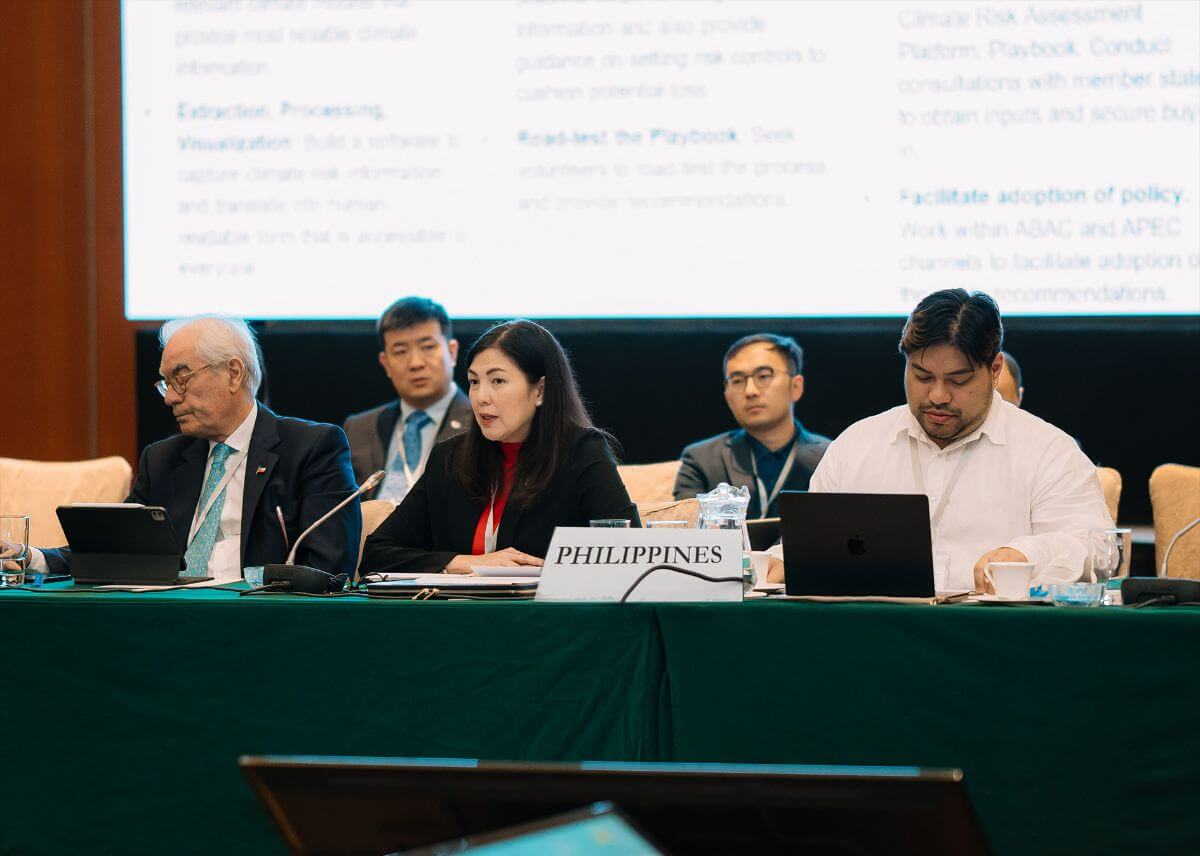
Asia-Pacific business leaders call for forging a new path on inclusion, resilience, and sustainability
BANDER SERI BEGAWAN, Brunei Darussalam — Members of the APEC Business Advisory Council (ABAC) urged APEC Trade Ministers to perceive regional challenges like environmental risks, financial stress, and the cost-of-living crisis as opportunities for reshaping the economy. ABAC conveyed its perspective through letters and statements to APEC trade ministers, transportation ministers, the World Trade Organization (WTO), and the Free Trade Area of the Asia-Pacific (FTAAP).
ABAC’s Chair, Dominic Ng, emphasized the private sector’s aspiration for resilient, inclusive, and sustainable trade. ABAC has provided clear recommendations to governments, aiming for tangible outcomes. These recommendations were presented during the meeting in Brunei.
Read more about it here: https://aboitiz.com/asia-pacific-business-leaders-call-for-forging-a-new-path-on-inclusion-resilience-and-sustainability/

Aboitiz launches second Fresh Depot cold storage unit at Nueva Vizcaya Agricultural Terminal to help future-proof PH agriculture and empower farmers
AboitizEyesAboitiz Group’s Fresh Depot launches their second pilot cold storage unit at Nueva Vizcaya Agricultural Terminal (NVAT), a trading center in the Cagayan Valley. This strategic move aims to support the country’s food sustainability by providing farmers with a physical and digital platform, starting with state-of-the-art cold storage facilities.
The innovative pilot unit enables farmers and traders to store their surplus produce efficiently, ensuring its freshness until it reaches the market. Through this initiative, Fresh Depot significantly reduces food wastage and enhances the overall food supply chain in the Philippines, making a positive impact on the agricultural sector. Moreover, future plans include value-added services, such as the creation of a comprehensive database that the government can utilize to enhance agricultural initiatives.
Read more about it here: https://aboitiz.com/aboitiz-launches-second-fresh-depot-cold-storage-unit-at-nueva-vizcaya-agricultural-terminal-to-help-future-proof-ph-agriculture-and-empower-farmers/
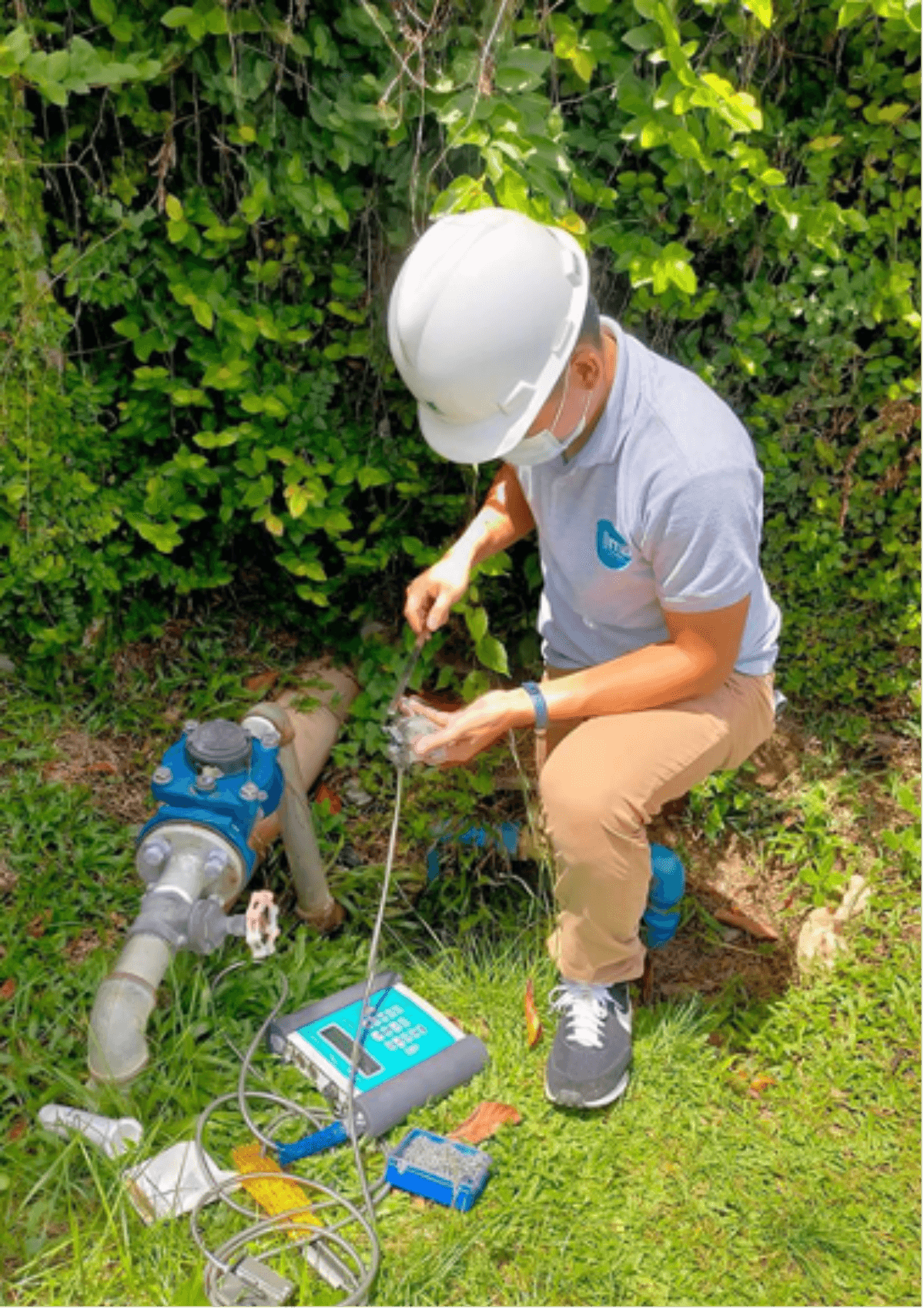
Aboitiz InfraCapital Estate Water achieves success in reducing water losses across all economic estates
AboitizEyesAboitiz InfraCapital’s (AIC) Estate Water has achieved remarkable success in reducing non-revenue water (NRW) across its economic estates nationwide. These estates, including the LIMA Estate in Batangas, the MEZ2 Estate in Mactan, and the WCE in Cebu, cover extensive areas and play a vital role in water management.
To ensure excellent water services, Estate Water has implemented a comprehensive NRW management program. Over the past 5 years, the LIMA Estate has consistently maintained NRW levels below 5%, setting a high standard. Building on this success, the program expanded to include MEZ2 and WCE, resulting in a significant reduction in NRW. MEZ2 witnessed a decrease from 13% to 6%, while WCE’s water losses dropped from 10% to 7%. These achievements demonstrate Estate Water’s strong commitment to sustainable water usage, surpassing the World Bank’s NRW benchmark rate of 25%.
Read more about it here: https://aboitiz.com/aboitiz-infracapital-estate-water-achieves-success-in-reducing-water-losses-across-all-economic-estates/
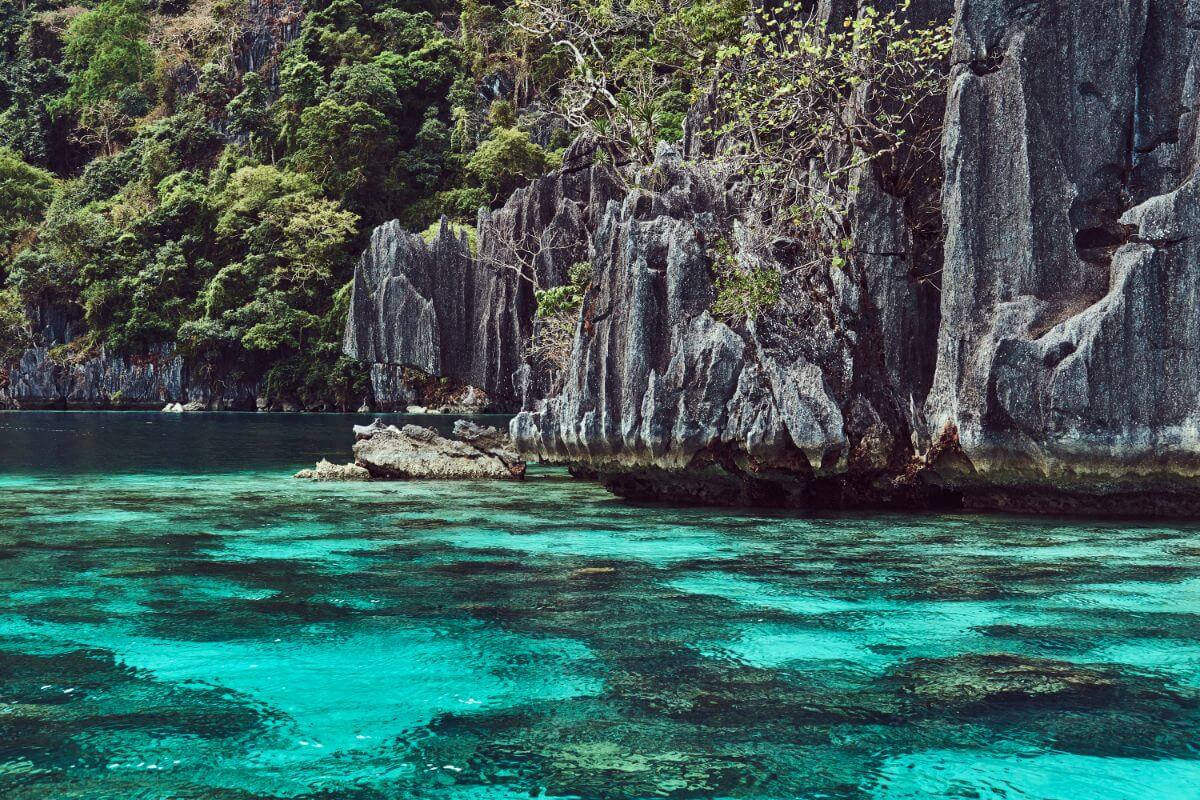
Water Stewardship: Business’ Role for Water Security
AboitizEyesWater is a precious yet finite resource that is vital to our way of life. Beyond consumption, we need clean and safe water for a range of processes and systems that keep us alive and sustain our way of life. Unfortunately, water is fast becoming a scant resource, especially in poor nations. It is for that reason that we believe that not only people but also the organizations they belong to, should make a commitment toward water stewardship.
What is Water Stewardship?
By definition, to be a steward is to take care of something important to you or to others, protecting it for future generations to enjoy. It’s about placing enough value in something so as to want to preserve it so that others, too, can appreciate it.
In nature conservation, stewardship can be defined as the responsible handling of resources. Value is placed in the act of conserving natural resources, with the knowledge that taking care of these resources will be beneficial for all.
Water stewardship, then, starts with the realization of just how important clean water is, and continues through global water conservation and implementing universal practices for supplying clean water to those who need it.
The Water Crisis
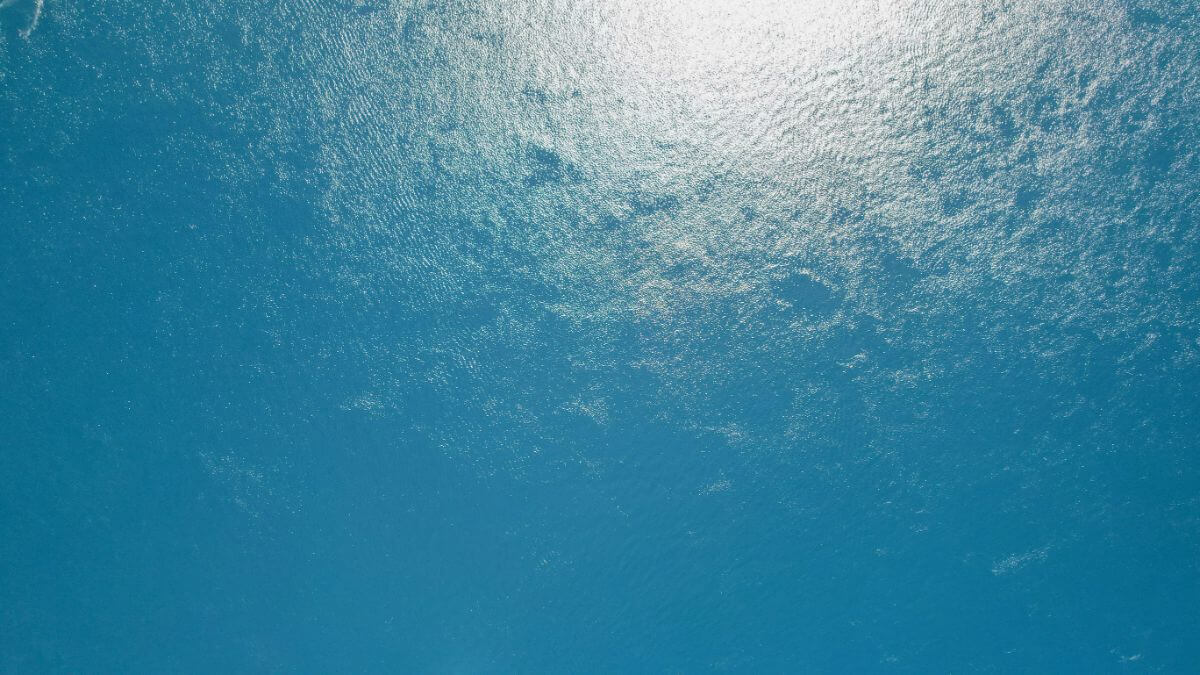

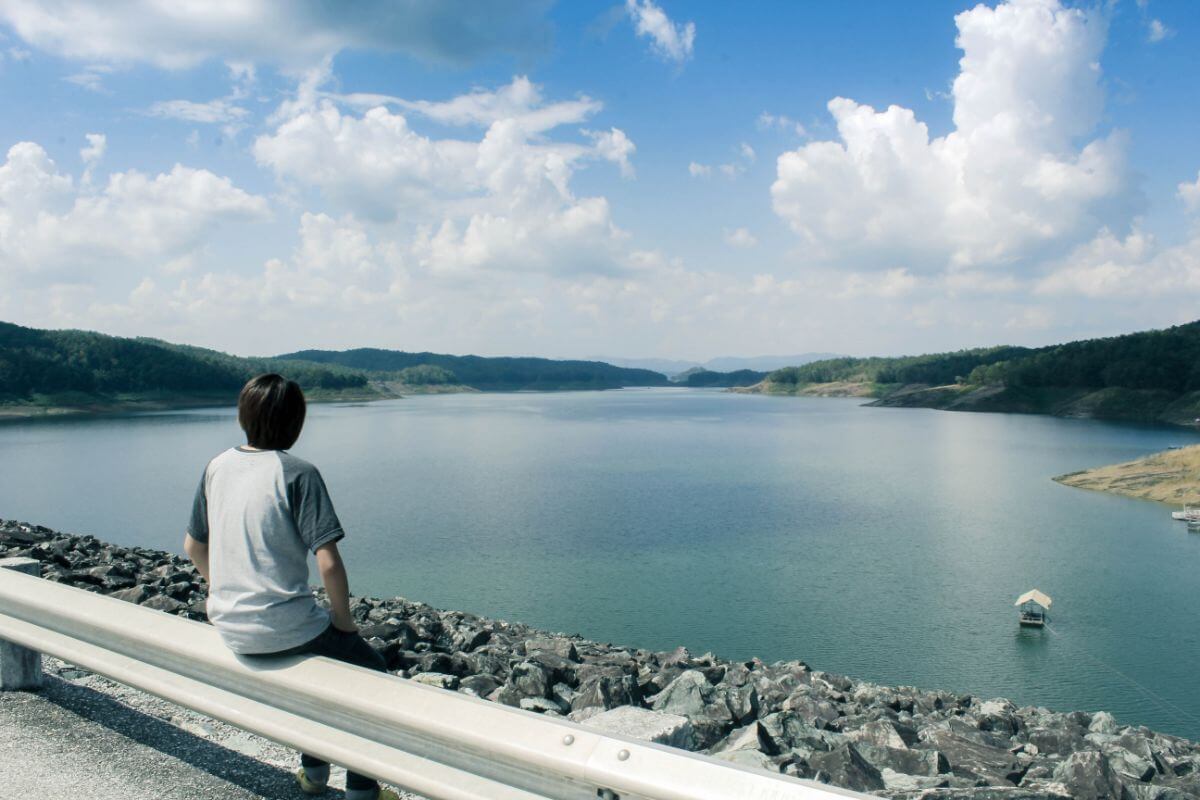
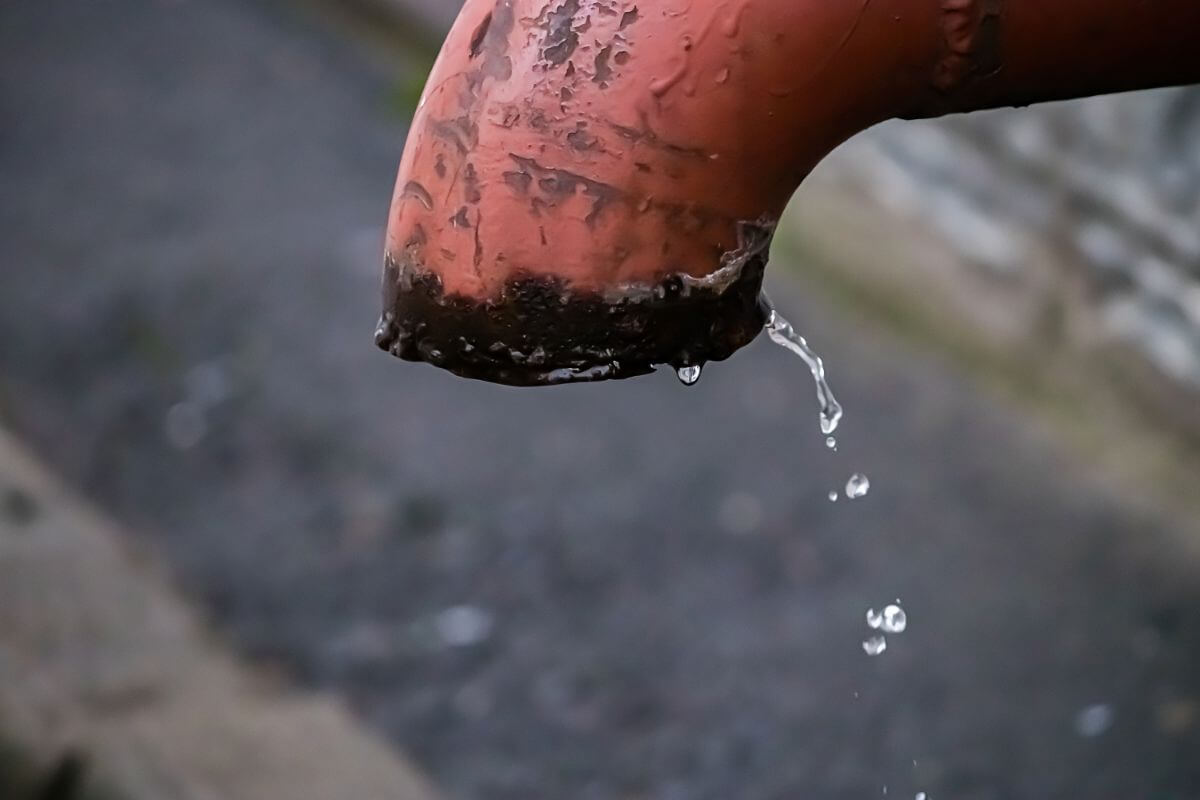
Water is arguably the most important resource in the world. Despite that, 771 million people worldwide lack access to safe water and an estimated 2 billion lack access to adequate sanitation.
This is the concept of water scarcity or water stress, the condition wherein the demand for water in a specific area greatly outweighs its available supply. In large part, this can be attributed not only to poor water conservation but also to poor management of the essential resource.
As individuals, everyone is tasked to do their part, and no one should underestimate the impact of hundreds, thousands, or millions of individuals working to conserve and manage water. But the truth remains that as organizations, groups, and businesses, there is more that can be accomplished, in less time.
Water Stewardship for Businesses
Businesses in particular are now implementing water stewardship in their operations and practices after recognizing the need for more organized and impactful efforts. Companies, corporations, and conglomerates are dedicating departments and processes to environmental conservation, and putting water stewardship practices at the top of their lists.
This has been beneficial not just for the environment but for the businesses themselves, improving their operations and establishing them as organizations who care for the future generation.
What Businesses Can Do
Businesses in every industry are key players in making either positive or negative impacts on the environment. This is because nearly every business utilizes water to a degree that is unheard of for a simple consumer. In simpler words, businesses consume much more than any household ever could, so their impact is much greater than that of the average person.
On the other hand, fortunately, any change they make for environmental stewardship works the same way, creating effects like ripples that eventually disrupt the whole pond.
But where to start, and how to go about it? Various organizations—for example, the World Wildlife Foundation or WWF—offer frameworks that outline how water stewardship begins and spreads in a company or business.
For us, we believe in raising awareness first and foremost among the general public and among our teams, then working from the inside outward by implementing stewardship practices in individual companies before continuing toward industry-level change.
Water Stewardship at Aboitiz

Aboitiz Group’s infrastructure arm Aboitiz InfraCapital (AIC) advocates for better water resource management via corporations like Apo Agua Infrastructura, Inc. (Apo Agua) and LIMA Water Corporation (LWC). In addition to hosting seminars and promoting awareness about environmental stewardship, we play a bigger and more direct role in routing clean and safe water to the people who need it most.
One such project of Apo Agua is the Davao City Bulk Water Supply Project (DCBWSP) which pioneers the use of the water-energy nexus concept in the Philippines. This unique concept has water pass through a run-of-river hydroelectric power plant, producing enough renewable energy to supply the demand of the next water treatment plant, which in turn produces safe water for over 1 million Davaoeños.
On the other hand, LIMA Water Corporation (LWC) is spearheading a Smart Water Network, which digitizes LIMA Estate’s water facilities into interconnected and intelligent systems. This program allows LWC’s water system and wastewater treatment services facilities to communicate and automatically adjust operations depending on requirements.
Key Takeaway
Aboitiz’ move for water stewardship is in line with the United Nations’ 6th Sustainable Development Goal, which focuses on providing and sustaining safe water and sanitation for all.
At Aboitiz, we believe these goals set by the UN are more than just guidelines; they need to become ways of life in order for us to save our planet and ensure livable conditions for generations to come. We are proud to be part of the world’s endeavor to save the environment, and we look forward to the day when the future generation can reap the benefits of our efforts for sustainability in the Philippines.

What is Diversity, Equity, Inclusion (DEI)?
AboitizEyesWhat are ways to improve Diversity, Equity, Inclusion in the Philippines?
- Discover individual and collective perspectives
- Put a focus on equity
- Celebrate diversity
- Lead inclusively
Diversity is the presence of differences in race, ethnicity, gender identity, sexual orientation, age, physical ability, and socioeconomic class. Equity concerns whether practices are impartial, and provide equal outcomes for everyone involved. Inclusion is the sense of belonging within a group.
Altogether, these elements create a concept: DEI. This is an ethos that recognizes the value of diverse perspectives in an organization, and how inclusivity and equity promote employee well-being.
To bring those values to life, companies in the Philippines must put diversity, equity, and inclusion at the heart of their organizational initiatives.
What Does DEI Mean in the Workplace?
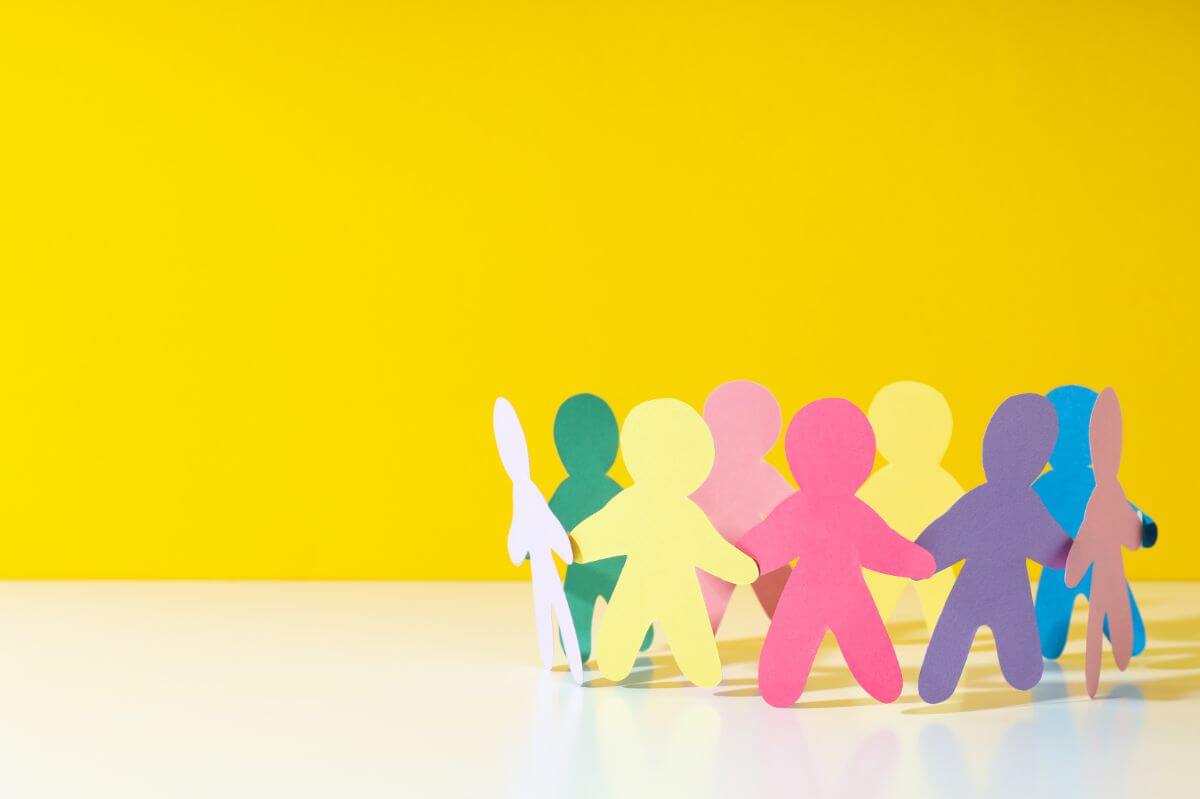
We all want to feel like we belong. Naturally, this is something we seek even at work. Not only do we wish to feel included, but we also want all the members of our teams and organizations to feel the same way.
This is what DEI in the workplace means. When we promote this ethos in the workplace, we set up programs, policies, and strategies to create and sustain a more diverse, equitable, and inclusive environment. We also ensure that the people around us respect and accommodate others’ unique perspectives and needs.
At Aboitiz, we intuitively know that this is conducive to employee well-being, and can help us attract and retain the most diverse and talented employees. More than that, however, we know it is the right way to do business.
Four Powerful Ways to Improve Workplace DEI
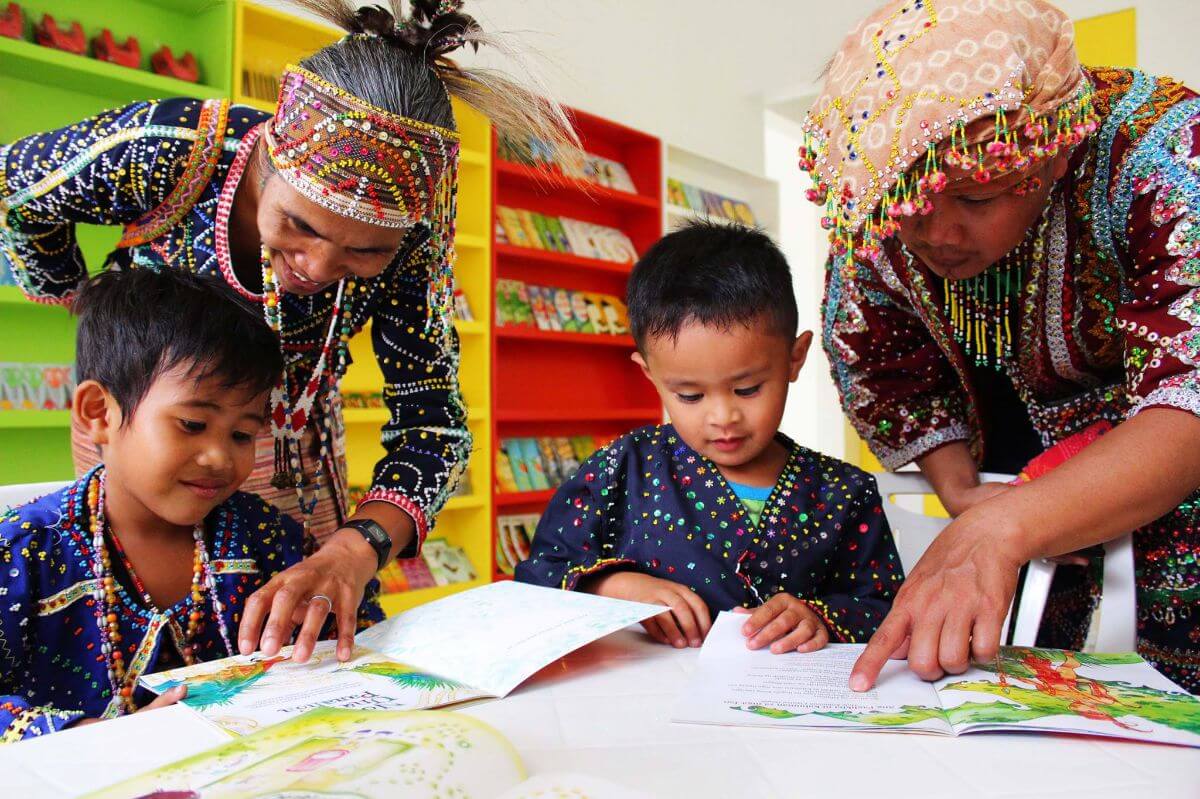
So how do we build DEI in the workplace? Building this concept is deceptively difficult, but organizations can overcome these challenges by implementing systemic change, adopting inclusive behaviors, and most importantly, listening to their people.
Here are a few ways we have learned to navigate this concept, and identify concrete actions that helped Aboitiz Group foster better and more widespread diversity, equity, and inclusion:
Discover individual and collective perspectives
The first step is to discover the opportunities within your organization, not try to replicate initiatives that seemed effective for other businesses. After all, each working environment is wholly unique, so DEI strategies can’t work as a one-size-fits-all solution.
To gain awareness of the intricacies and issues that affect individuals, teams, and your organization as a whole, you need to speak with your people — and really listen to their concerns.
This means allowing them to articulate their individual and collective perspective. From here, consider how their identity, culture, and experiences with power and privilege might affect their perspective. You can start putting together the bigger picture from this, and identify the most relevant opportunities for change within your organization.
At Aboitiz Group, we consistently reach out to our A-people to find new ways to improve how we engage with them and provide the environment they need to feel included and fulfilled in their work with us.
Put a focus on equity
When discussing DEI initiatives, you have to consider placing equity before diversity and inclusion. There’s a good reason for this.
Our belief is that without equity, any effort made to promote diversity and inclusivity for our A-people is commendable — but ultimately not sustainable. This is because at the core of equity is providing everyone with fair but contextually appropriate opportunities. This is key to helping our people attain their full potential.
Rather than assume that every one of our A-people has the same experiences, we look for ways to help them advance through their careers and level the playing field, so to speak.
Part of this is our Aboitiz Mentorship program — a dynamic, two-way mentorship that encourages them to learn and help one another through their career journeys. We believe that this mentorship program helps bridge gaps, and nurtures a pipeline of future leaders within our company.
Another effort under this strategy is the Aboitiz Academy, which is a learning and training resources hub that showcases various modules and courses, geared to helping our people learn more about skills and topics they are interested in.
One of our past launches was a CSR module, which we used to enrich the knowledge, skills, and mindset of our CSR professionals. Through the Aboitiz Academy, they were able to better deliver their initiatives, attain holistic growth, and ultimately reach greater heights professionally.
Celebrate diversity
Rather than shy away from the intrinsic differences that each new hire brings to the Aboitiz Group, we choose to celebrate them. This is key to creating the most value from the collective differences in beliefs, experiences, backgrounds, and behaviors that our A-people bring to the table.
This involves recognizing and engaging said differences and exploring the impact of this diversity on perspectives and approaches to work. From here, we can identify ways to optimize the contribution of all.
One of our most recent efforts to champion diversity in our workplace is through changing our working schedules and shifting to a more flexible work policy: Spreadquarters. By removing traditional constraints on work, we were able to take into account the individual needs of our team members.
Despite many of them working remotely and using flexi-time, we saw this change brought about better work-life balance, lower levels of absence, and lower levels of stress!
This change was a product of the REMIX program, which encourages employee-led initiatives and open discussions about diversity. Under the same program, we have adapted our DEI approach in recent years and established tailored-to-the-employee benefits, and the inclusion of LGBTQ+ and common-law partners for our medical benefits, among others.
Lead inclusively
Leading inclusively means we have to make intentional and ongoing efforts to make sure everyone feels like they belong in our organization. We believe that this encourages our teams to fully participate and bring their uniqueness to the work that we do.
This is why we always revisit how we engage with and manage our people. We know that, by looking at what new tools, resources, and support we need each year, we can better improve our ability to build compassionate relationships, foster camaraderie, manage conflict, and bring out the best in our A-people.
Year by year, we look at how we create sustainable and meaningful value for our team members, who we have always considered the backbone of our continued success as an organization. And, we report our efforts transparently: click here to see what we’re currently doing!
Key Takeaway
When it comes to diversity, equity, and inclusivity in the Philippine workplace, we here at Aboitiz Group embody them. DEI, as you can see, is a priceless asset and enables our talent to thrive, contribute, progress, and achieve their best self within our organization.
Each year, we look for new ways to promote this concept in our companies, as we believe it ensures the well-being of our team members, and keeps us united as One Aboitiz — see more of our efforts for sustainability in the Philippines here.
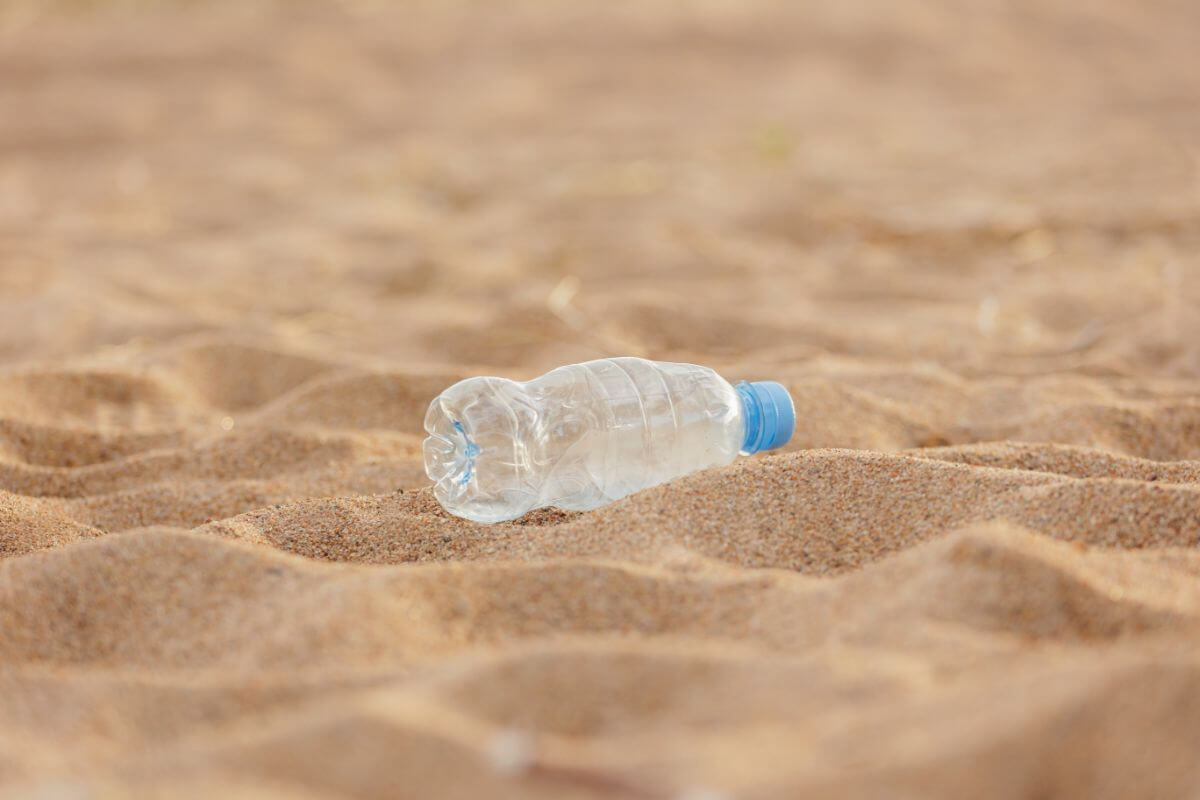
Climate Change Scenarios and What It Means For Businesses
AboitizEyesDo we truly understand the state of climate change and its possible impact on our homes? We know that a hotter planet can hurt both communities and businesses, but with a projected rise of temperatures of up to two degrees Celsius looming over us, we need to know who will suffer — and what to do about it.
After all, what gets measured can be managed. Knowing what climate change means for businesses in the Philippines means we know what we can do to curb damage to our country, and how to best adapt to this new landscape.
So, what is the current state of the climate crisis, and how can businesses in the Philippines best prepare for a greener future?
The Climate Crisis
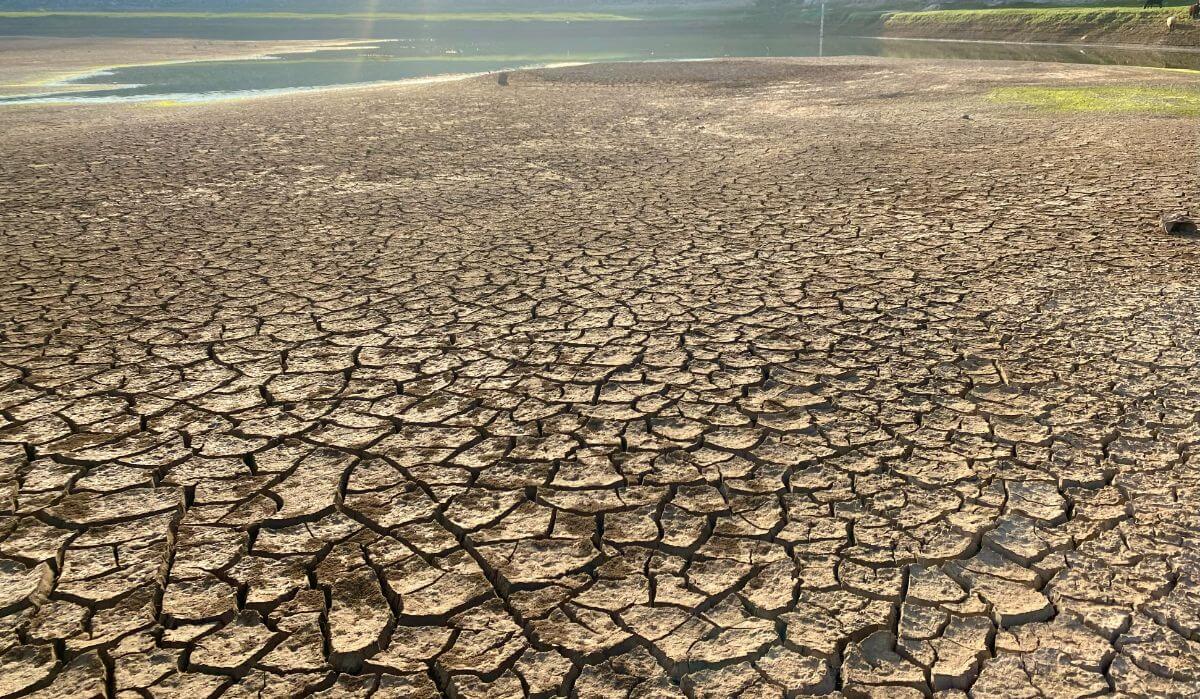
A recent report into the future global climate looks bleak. We are looking at a projected 1.5°C and 2°C increase in temperature worldwide — and while these numbers seem small, they make a much larger impact than you think.
To give you a better idea of what this means, let’s look at what might happen to water availability if a 2°C increase takes place. In places like North and South Africa, Australia, and Southern Europe, more than 61 million people will experience severe drought and other types of water shortages.
At 2°C, Several parts of Asia will be prone to flood risks, as well as extreme heat waves — with central and southern regions experiencing the worst of it. In fact, research shows that this could affect up to 37% of the world’s population.
Why These Projections Matter
These temperature increases, though they seem negligible, do matter. That said, they are inevitable — the concern here is how to keep it at a manageable number.
So what these reports are showing us is the worst-case scenario, if we don’t manage to make the changes we need within the next few years. It shows us that we need to act, and fast.
If we manage to maintain the global temperature increase at or even below 1.5°C, then the impact will be less severe. This means fewer extreme events, less strain on natural resources, and more opportunities to revive the ecosystems and biodiversity that we rely on. In short, it means that adapting will be less difficult.
What it Means for the Philippines
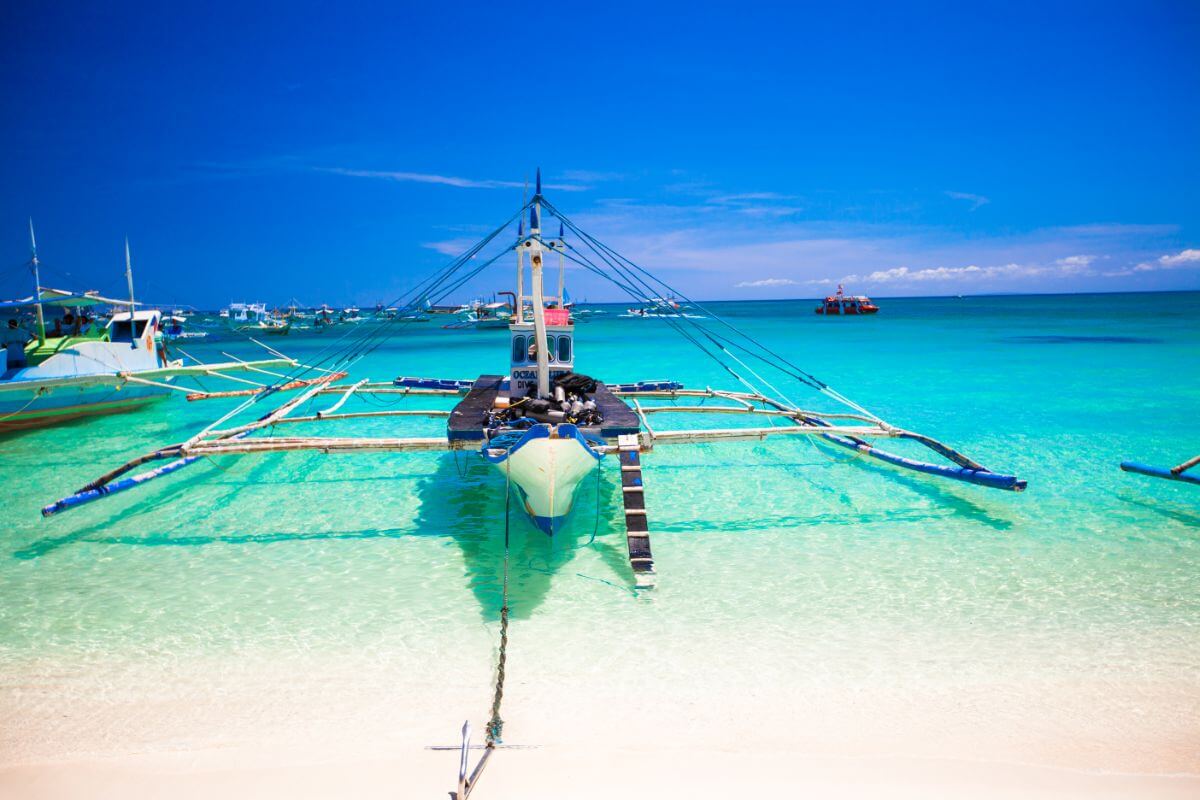
The impacts of climate change aren’t evenly spread out, because not every country has the same environment. Temperatures increase at different speeds everywhere, too.
At present, about one-fifth of our planet is already seeing the more serious effects of rising temperatures in at least one season — the Philippines included.
Did you know our home is the third most vulnerable country to climate change? The effects of weather extremes and the disasters linked to them have always been more devastating in the Philippines.
Many people know we are more prone to storms and typhoons thanks to our location, but the actual numbers behind this are staggering. More than 20 storms enter our area each year, of which 10 are typhoons, and 5 of these have the potential to be destructive ones.
That’s 5 times a year that our people have to suffer from life-threatening disasters like flooding and mudslides. And it doesn’t stop there — each time we face the effects of climate change, we also have to deal with threats to biodiversity, housing, food security, public health risks, and endangerment of vulnerable groups.
These effects even extend to our livelihoods. Our coastal resources and grasslands are highly vulnerable, too, to the projected increase in temperature.
What we’re looking at is millions of our people facing challenges to their health, work, security, and more — and this risk increases each year, which poses the risk of social unrest and violence. In the absence of action, more and more Filipinos will suffer the consequences of climate change.
What can Businesses do About Climate Change?
While the data we’re seeing now tells us that climate change is inevitable, it also shows us that it is not too late to try and change its course. This will require bold, collective action, and fundamental changes in our society — particularly how we grow food, use land, produce goods, and power our cities. This is where businesses like us can step in.
While many companies are looking to implement sustainability in how they do business, bigger changes fueled by global organizations are also rising. Take, for example, the Task Force on Climate-related Financial Disclosures (TCFD).
This organization was made to increase transparency on climate-related risks, which is possible through the help of their supporters — private businesses — who commit to voluntarily releasing climate-related financial risk disclosures. This is important information for investors and other stakeholders, who wish to patronize companies that work sustainably and eco-consciously.
The work that the TCFD does also increases transparency for markets, and pushes businesses to become more thoughtful and considerate of how their business contributes to climate change. This, in turn, should help markets become more efficient, stable, and resilient overall.
Today, there are more than 1,000 supporters worldwide for the TCFD, showing that there is a significant shift in what people value in business. And, it shows that there is a building momentum on climate action, which we must preserve to build more resilient societies and a greener future for all.
Aboitiz as the first Philippine Supporter of the TCFD
Heeding the worldwide call to action and following our decades-long commitment to our sustainability practices, Aboitiz Group joined in as the first Philippine supporter of the TCFD.
The recommendations put out by the TCFD are things we hope to integrate into our long-term strategies. Through that, we seek to address the climate-related risks in our businesses and host communities, as well as enhance our ESG initiatives.
The disclosures we make are also something we hope to further strengthen. We already make yearly reports on this front. But, with the guidelines set by the TCFD and considerations of physical, liability, and transition risks associated with climate change, we aim to provide even clearer, more reliable information for our stakeholders.
Key Takeaway
The climate crisis, as you can see, drastically changes how we live, and how we work. Almost all industries will be threatened by its impact, as it causes a ripple effect from our natural resources to our societies.
What climate change means for businesses, then, is a call to action. Though it is happening much more quickly than expected, we have still not lost the race against climate change.
With measures like the TCFD, organizations like Aboitiz Group can lower the risks that come with rising temperatures, and even make meaningful progress toward a greener future.
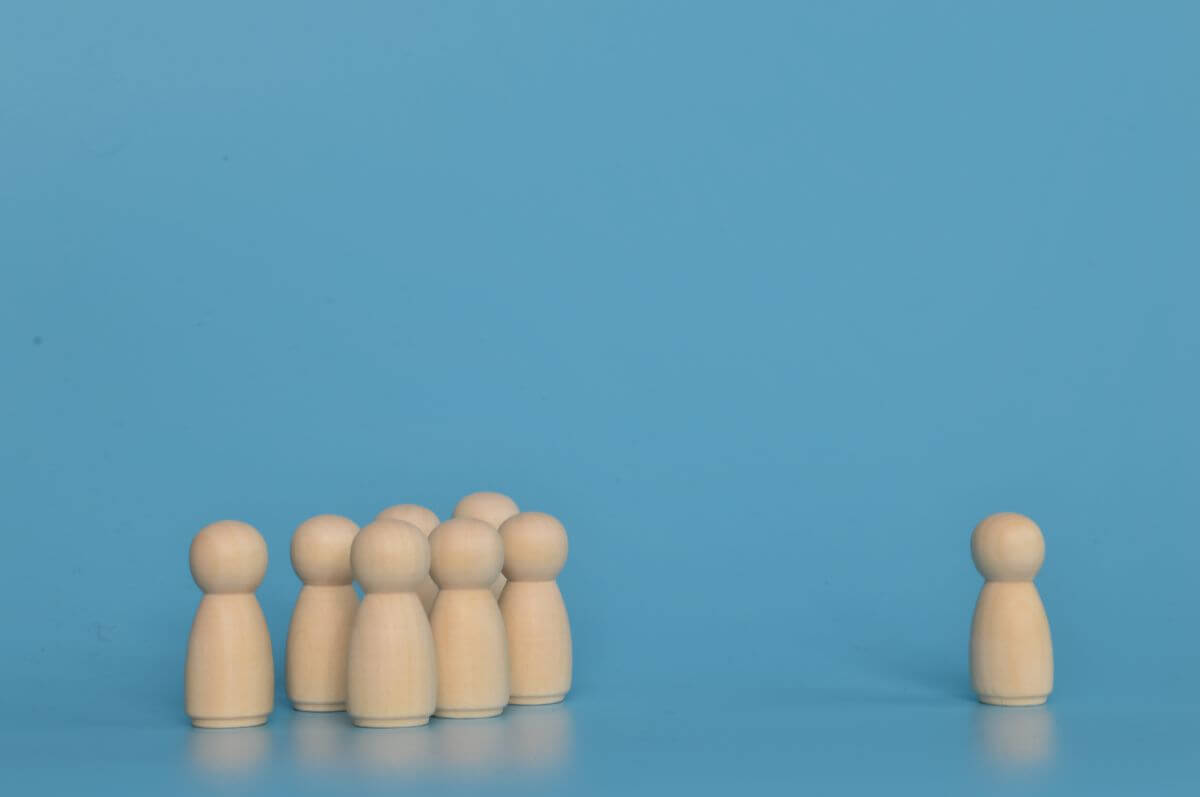
What is Women Empowerment? How Aboitiz Supports Workplace Equality
AboitizEyesThe fifth Sustainable Development Goal (SDG) is expansive and challenging. It asks us to spark change and “[achieve] gender equality and [empower] all women and girls.”
For Aboitiz Group, we believe that this SDG represents not only a fundamental right for Filipinas but also a crucial component for a prosperous and sustainable world.
While we acknowledge that women empowerment in the Philippines has seen progress over the last decades, we also acknowledge there is much more work to be done to advance equal opportunity in the workplace.
Why Women’s Empowerment Matters
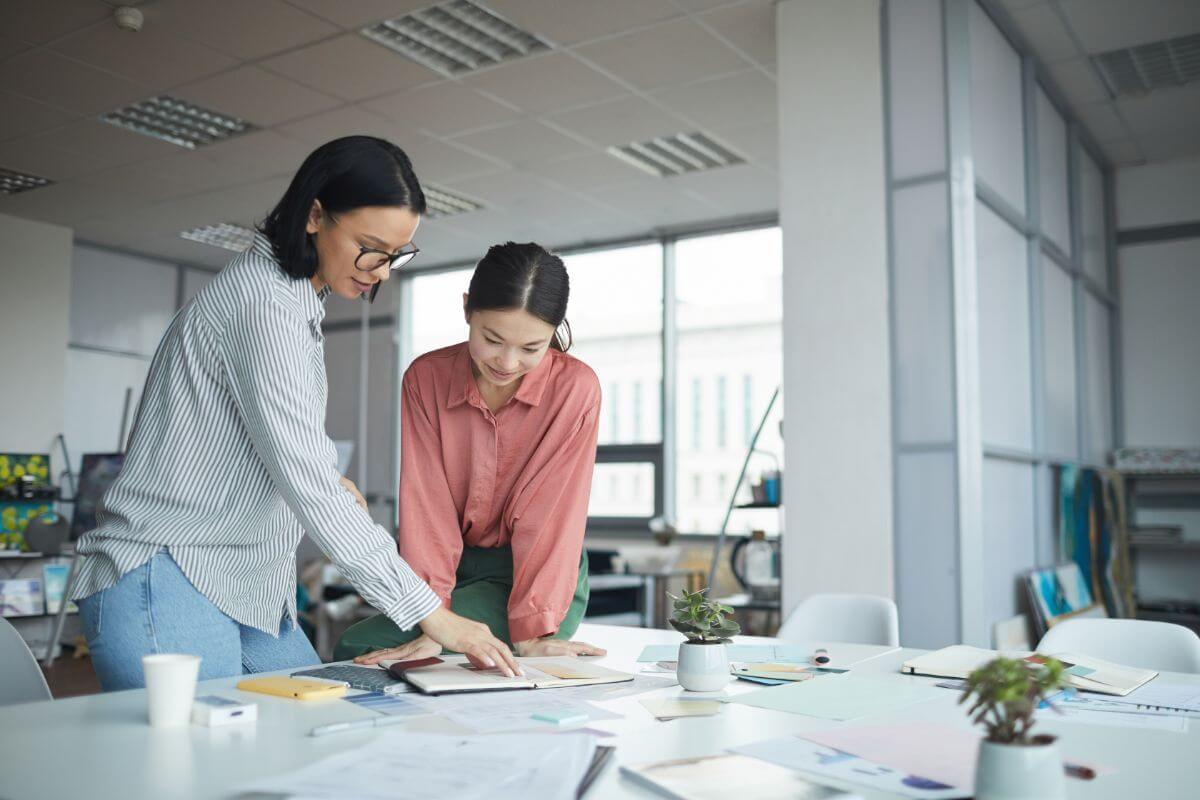
The answer is simple: because it’s the right thing to do — we fight for goals like this because we believe that it is our duty. Women and girls have the right to be in charge of their future, and we have the responsibility to promote their well-being.
But beyond simple human decency, there’s no denying women are one of the most powerful investments we can make for building a better future for the Philippines. When we empower women and present them with equal opportunity in education and livelihood, the more productive members of society we create.
This, in turn, creates a ripple effect. Better education, work, and benefits not only influence her life but the life of her family and community, too. Equality will unleash a woman’s potential, as well as the people around her. This is the true secret of investing in women’s empowerment.
How We Build a Progressive Culture in Aboitiz Group
Diversity, equity, and inclusion (DEI) are at the heart of our OneAboitiz Sustainability Framework. Aside from our Code of Ethics, and internal policies and campaigns, we follow these principles to embody this in all of our business units:
- Treating all women and men fairly at work — with respect and strong support for their equal rights and nondiscrimination.
- Ensuring the health, safety, and well-being of all workers through inclusive healthcare, anti-harassment policies, and the like.
- Allow equal opportunity for corporate leadership.
- Advance the education and professional development of women within our organization.
- Implement enterprise development and other programs that empower women in host communities.
- Promote equality through our community initiatives and advocacies.
- Regularly measure and publicly report on our progress on this SDG.
These principles help guide us to support inclusive growth both within and outside our organization.
The Empowered Women of Aboitiz

In line with our principles and core values, we make sure that no one is left behind. Each member, regardless of gender, is given opportunities for both professional and personal growth.
We always hope to nurture and create a workplace that treats everyone fairly — which is why our non-discrimination policies are strictly followed in all aspects of employment. And, the numbers show the fruits of that dedication.
Across our business units, we see more and more women coming on board the Aboitiz Group. In Aboitiz Equity Ventures (AEV), 50.18% of its employees are women. AboitizPower (AP) — which operates in a male-dominated field — has seen an increase in women employees year by year, going from 27.60% to 29.03% in just three years.
Our executive-level positions, too, are becoming increasingly occupied by women — who now account for 42% of strategic roles in various business units.
To continue ensuring our organization upholds this inclusivity, we have several programs in play.
One of the most recent strides that we have made in terms of workplace gender equality (WGE) is our REMIX program. This is our approach to ensuring our companies can adapt and thrive as the workplace continues to evolve with each generation of professionals. Under this program are employee-led discussions and initiatives concerning diversity and equality, as well as e-learning sessions about relevant issues (such as the Anti-Sexual Harassment and Safe Spaces Act at the workplace).
Through the REMIX program, we stay atop the most prevalent and pressing issues surrounding women’s empowerment. And, we help our team members stay empowered and equipped with information.
Another way we actively promote WGE is our Aboitiz Women’s Club — an employee engagement program that hosts learning sessions on laws that concern gender equality in the country.
Promoting Women’s Empowerment in our Communities
Outside the Group, we always look for new ways to strengthen our communities. This has allowed us to spearhead several CSR programs to empower women. For example, we work with the United Nations Global Compact Philippines to help build the right environment and supply chains for women-owned MSMEs.
We have also worked with countless cooperatives, such as the Benguet Thanksgiving Multi-Purpose Cooperative (MPC). In this partnership, the Aboitiz Foundation (AFI) held capability-building training and financial workshops to educate their women members, and empower them with life-improving skills.
Another example of how we empower women and girls in our communities is our recent project through Pilmico, who partnered with TESDA and DTI for the Wooden Spoon Program. This program provided a training facility in which entrepreneur bakers and pastry chefs had the space to learn and innovate, bolstering their technical training, and providing the opportunity to start their own pastry businesses.
Key Takeaway
In the Philippines, women’s empowerment still needs much reform and effort to achieve true gender equality. But, we here at Aboitiz Group continue to fulfill our commitment to empower women and promote quality both in our organization, and our host communities. It is our hope that our work in establishing progressive, proactive, and bold programs will empower Filipinas to flourish, and unlock their full potential within our society.
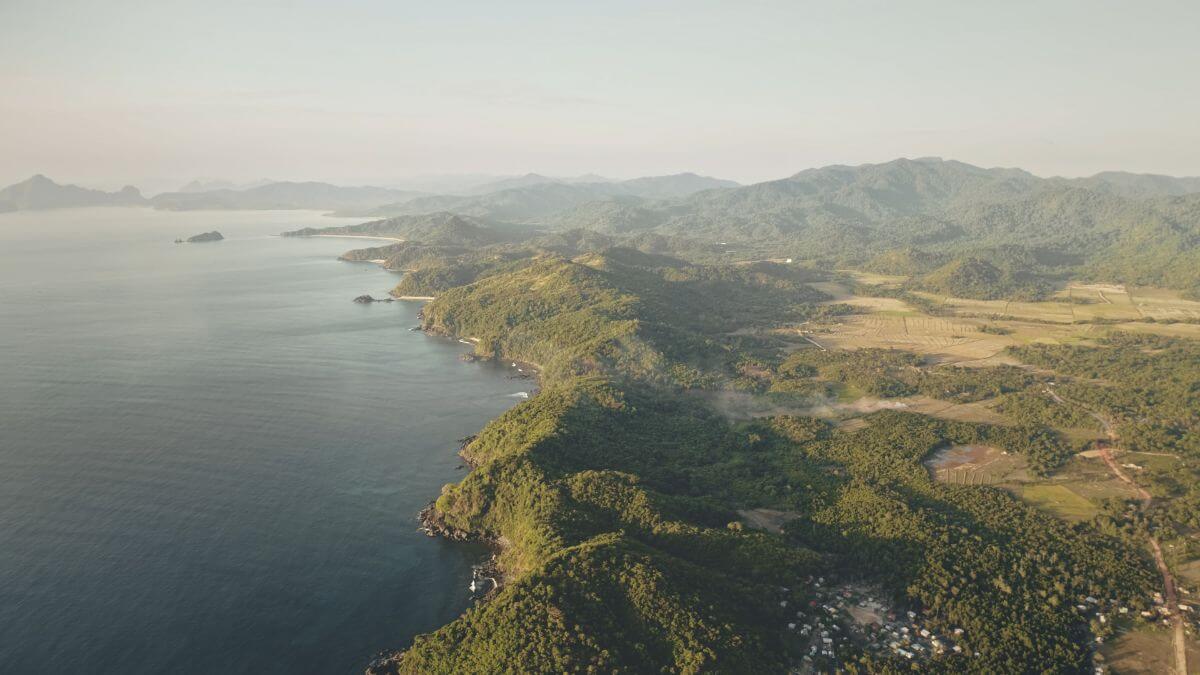
Aboitiz’s Environmental Programs in the Philippines
AboitizEyesWhat are Aboitiz’s environmental programs in the Philippines?
- 10-year Cleanergy Strategy
- Local Climate Change Action Planning
- A-Park Program
- Aboitiz’s No Impact Challenge
- Ecosystem-Based Biodiversity Management
Environmental sustainability is an increasing concern for many. We know now, more than ever, that protecting our natural resources and making sure we use them responsibly is key to a sustainable future for generations to come.
As our work here at Aboitiz Group directly affects the environment, we carry a great responsibility to protect it. As environmental activist Edward Abbey once emphasized, “action is the antidote to despair.” So we make sure to take action where we can!
This is why our environmental programs in the Philippines are varied and far-reaching. Our strategic business units address concerns related to resource replenishment, emission reduction, waste management, renewable energy capacities, and biodiversity.
Read on to learn more about our major environmental projects, and how we use them to battle climate change:
10-year Cleanergy Strategy
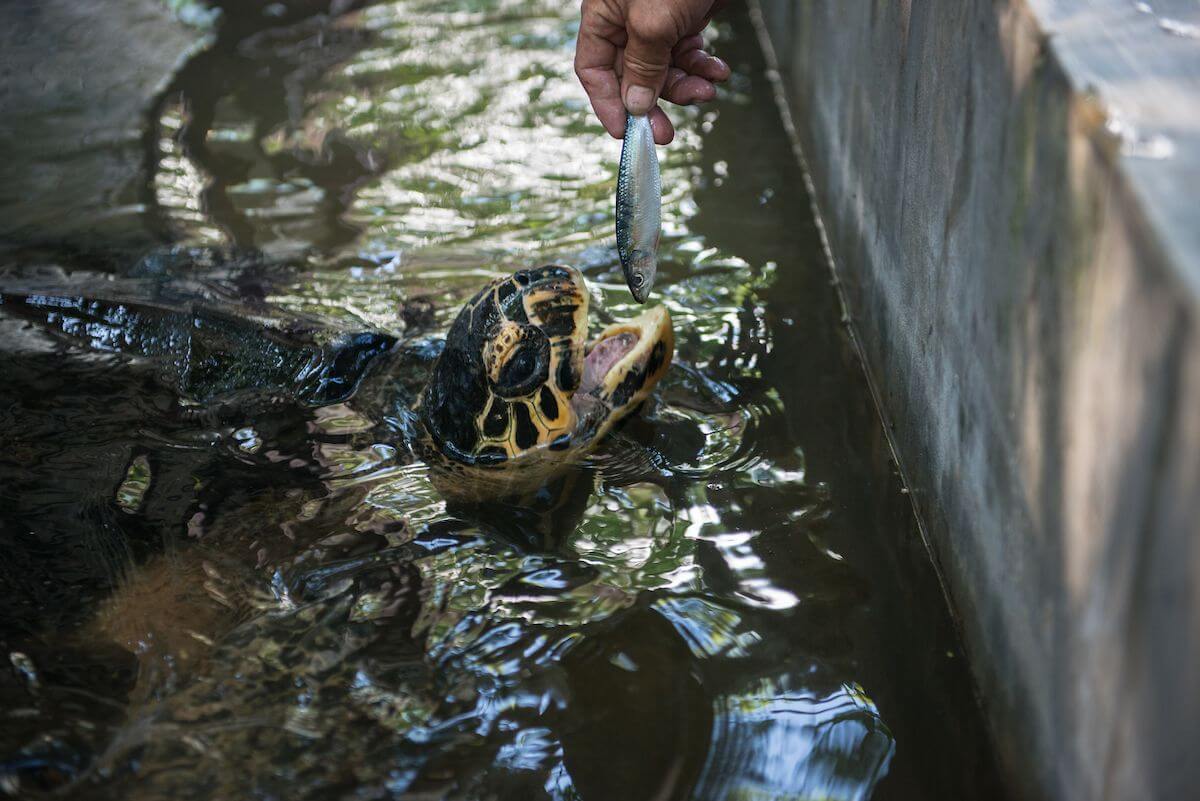
AboitizPower, as one of the country’s leading renewable energy providers, has a huge impact on our home’s natural resources. Though we have to take them to provide high-quality, cleaner energy to homes, we also know we have to give back to our planet.
That’s why we have Cleanergy — our brand for renewable energy solutions. From solar to hydropower plants, we continue to both grow and explore opportunities to expand our renewable energy sources throughout the country.
Part of our 10-year Cleanergy strategy is to maintain a varied yet balanced energy portfolio, to better provide reliable and ample power to homes and businesses alike — while keeping our operations priced reasonably and sourced sustainably.
To achieve this, we are slowly transitioning, and hoping to bring our portfolio mix to a 50-50 ratio between Cleanergy and Thermal sources by 2030! Here’s how we plan to make our transition:
- Grow our renewable energy capacity from 4,432 MW to 9,300 MW
- Welcome international business to become 13% of our generation portfolio.
- Use 65% of our new capacity for Cleanergy sources, from 2020 to 2029.
Local Climate Change Action Planning
The Philippines, as we have all experienced, is very much affected by climate change, and this worsens with every year. So, we formed a program to help us protect our home: Local Climate Change Action Planning!
Working with local businesses and government units, we use this program to help strengthen a community’s preparedness, knowledge, and resilience to climate change, including major emergencies and national disasters.
One past example of this environmental program is our workshop in La Trinidad, Benguet. We knew this area was uniquely vulnerable to earthquakes, storms, and other force majeure.
To help them weather possible disasters, and to promote the community’s self-reliance, we partnered with the local government of La Trinidad to conduct a series of disaster resilience training. We worked with several cooperatives, such as Thanksgiving Multipurpose Cooperative, Lamut Multipurpose Cooperative, and Shilan Multipurpose Cooperative.
Our vision for these projects? To create strong and sustainable communities, and put a spotlight on disaster resilience and preparedness. Our workshops are also designed to help our partners become empowered, reduce risk and future losses on livelihood and resources, and make prompt, life-saving decisions in times of emergency.
A-Park Program
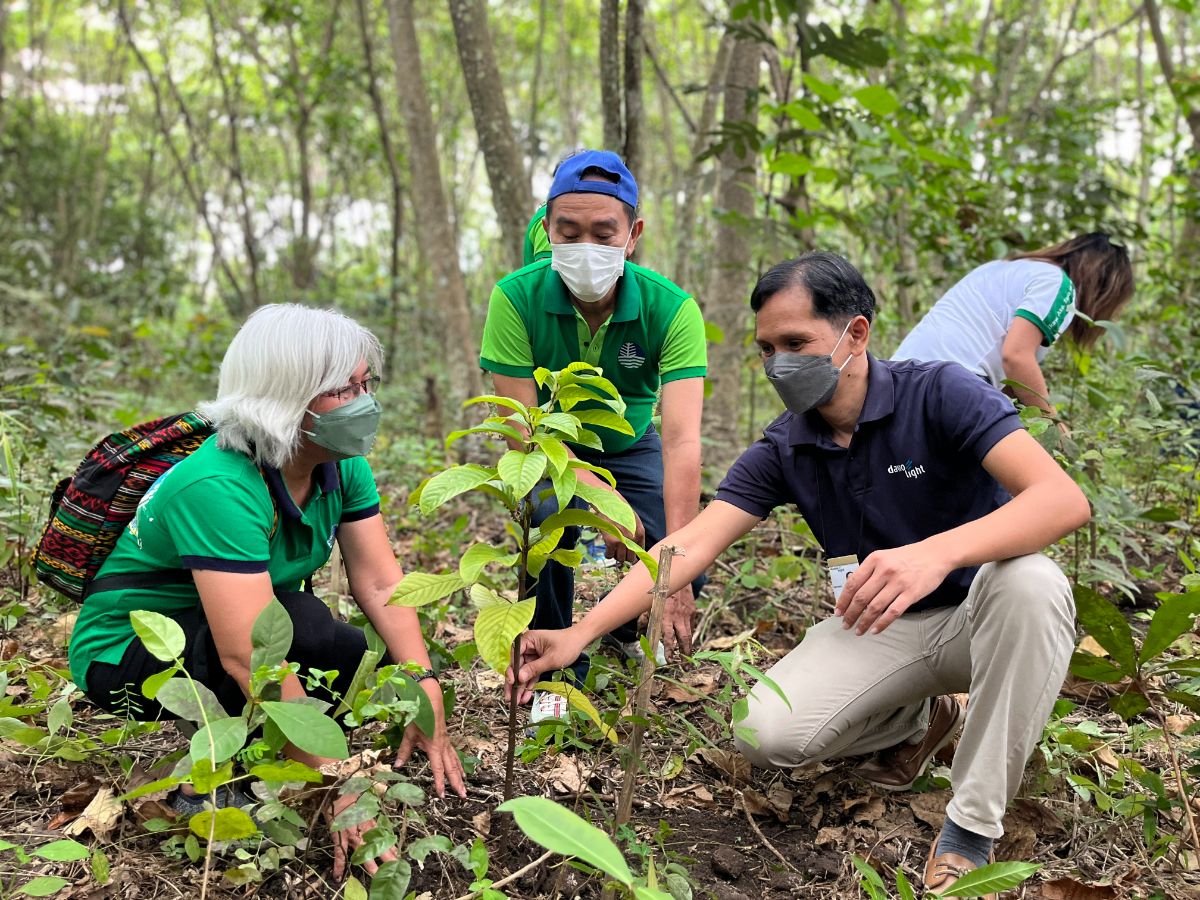
A-Park program is our nationwide reforestation initiative, and part of Aboitiz Group’s contribution to greening efforts for a healthier Philippine ecosystem! We partnered with the Department of Environment and Natural Resources to carry out this program in several of our places of operation, where we saw dying and degraded forestlands.
Part of this program was our commitment to plant 9 million trees by the end of 2020 — which we greatly surpassed, planting 11.73 million! A large contributor to this achievement was our partnership tree-growing project with Ramon Aboitiz Foundation, Inc., and our carbon sink program of Therma South, Inc.
Though we met our initial goal with flying colors, we don’t intend to stop here. We continue this project and our contributions to reforestation each year, having group-wide and simultaneous tree planting activities with the help of our team members, host communities, and people’s organizations.
We even make sure that the trees we plant aren’t just helpful for our planet’s health, but also the wellbeing of our host communities! In the A-Park program, we have partner-beneficiaries, to whom we give fruit-bearing trees (such as the 250 lanzones seedlings gifted to local farmers) to supplement their income each harvest season.
Aboitiz’s No Impact Challenge
Environmental programs don’t always have to be huge orders coming from the top down — we know that we can make a valuable impact on sustainability and environmental protection as individuals, too!
Those on our team have crafted member-driven programs, such as the Aboitiz “No Impact” Challenge, which encourages other team members to make impactful lifestyle changes. Even small ones can help reduce their carbon emission and water consumption in daily routines.
We even used this program to foster the healthy spirit of competition group-wide — in 2018, hundreds of team members engaged in a month-long marathon of sustainability to show the fruits of their new lifestyles. And yes, while we did end up crowning three winning teams, above that was the message that resounded with our teams: the little things we do, do matter to our home.
Ecosystem-Based Biodiversity Management
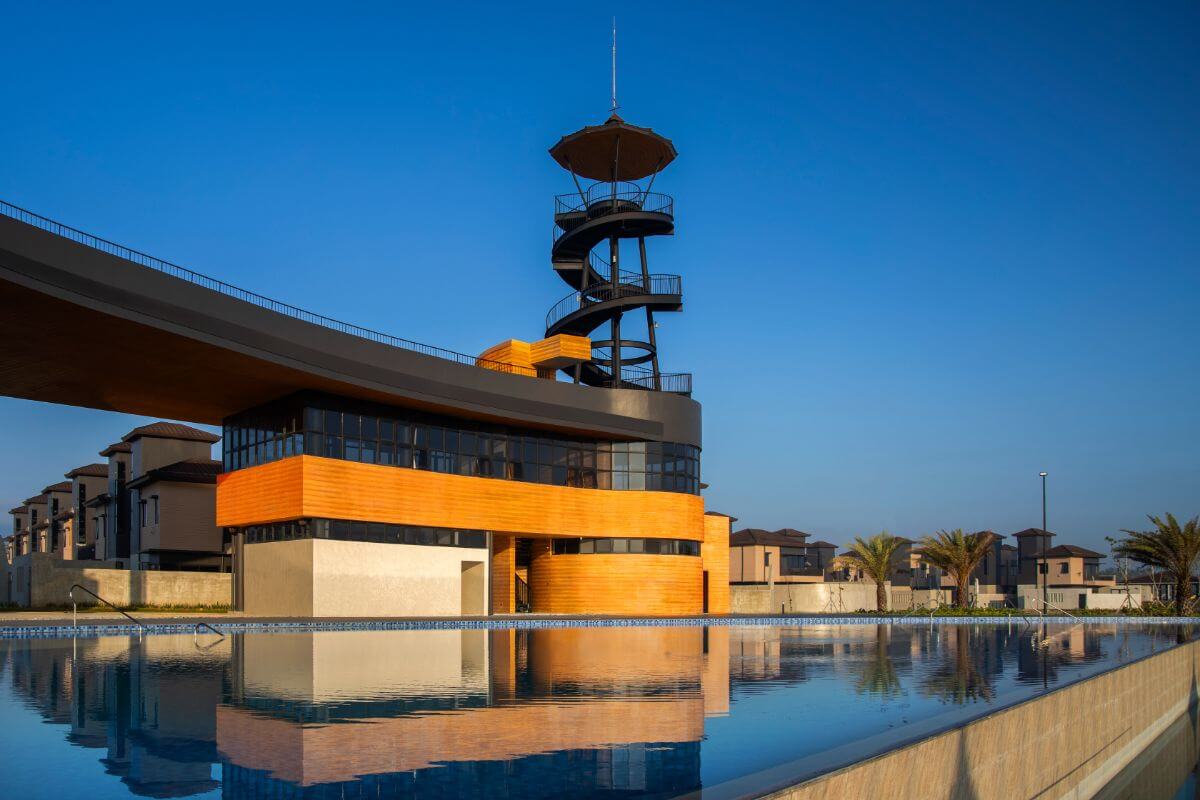
Going beyond curated programs between our host communities and the Aboitiz family, we have always been a pioneer of envi-sensitive planning. In each development we make, we always make sure to preserve as much of the natural beauty as we can, and deliberately design our operations to peacefully coexist with the area’s ecosystem.
One of our biggest examples of this dedication of ours is the Seafront Residences, and how the marine ecosystem of that area continues to flourish, even with our continued operations.
Before we even started developing in this area, we made sure to make thorough environmental impact assessments, and how to properly manage the different flora and fauna species that lived here.
We used this knowledge while designing Seafront Residences, and went a step further by creating Aboitiz Cleanergy Park, an eight-hectare ecological preserve also known as the Pawikan Rescue Center of Davao City.
This area is specially dedicated to indigenous flora and fauna, including the critically endangered Hawksbill turtle (Eretmochelys imbricata), Olive Ridley (Lepidochelys olivacea), endemic and migratory birds, and countless marine species. Here, we’ve found over forty turtle nests, released over four thousand pawikan hatchlings, and rescued six mature pawikans.
Key Takeaway
As climate change continues to affect our lives, as well as the fate of all other species around the planet, we at Aboitiz Group continue to do our part to help. Through these environmental programs in the Philippines, we hope to not just protect our home — but also strengthen it for the next generation of Filipinos!
While these are some of our biggest programs, we take many steps to ensure that our environmental impact is positive, throughout all the Aboitiz Group activities. Click here to read more about our other programs and projects.
